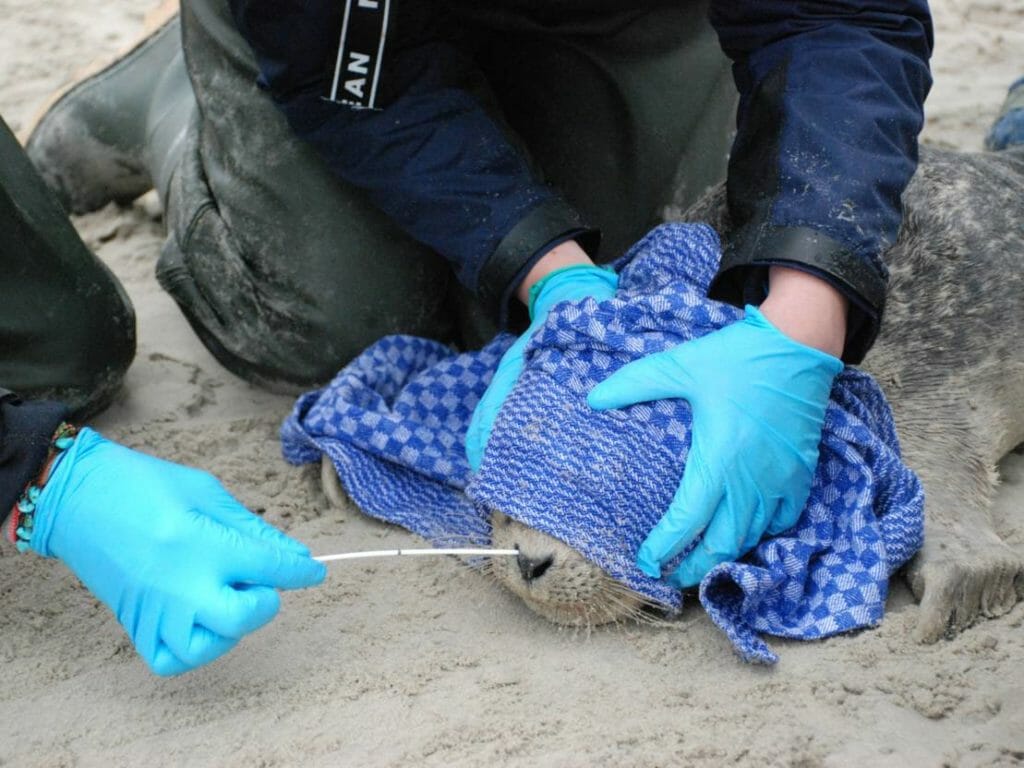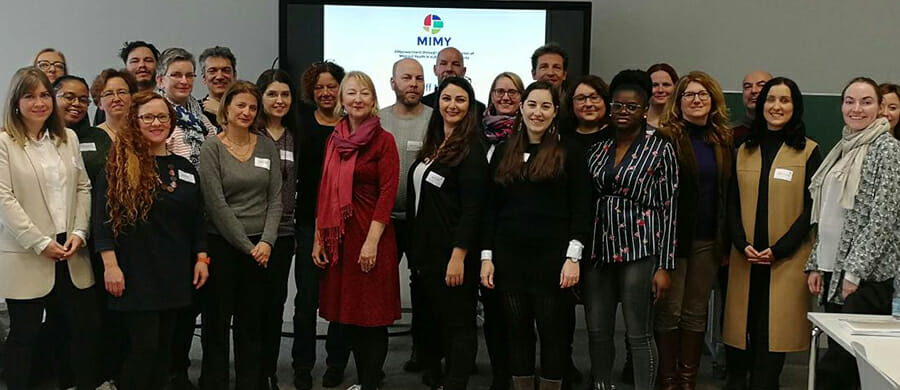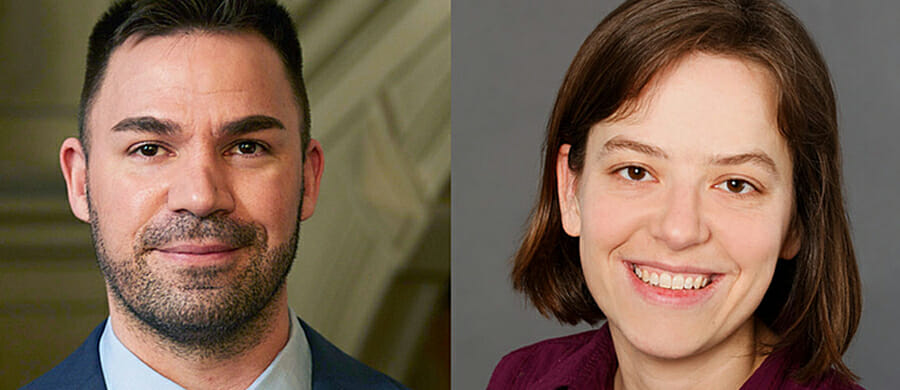DATA & FACTS
Project
SATURN – 9 million euros for marine research (2021-2025)
Scientific contact
Prof. Prof. h. c. Dr. Ursula Siebert
Dr. Joseph Schnitzler
EU-Funding line
Horizon 2020
Projektleitung: Prof. Dr.-Ing. Arno Kwade
Projektname: „Li-Ion Pilot Lines Network“ (LiPLANET)
Keywords: Energie, Mobilität, Partner
SATURN – 9 million euros for marine research
Researchers from veterinary medicine, bioacoustics, population biology, maritime architecture and engineering are working together to find solutions to reduce ship noise and thus protect marine animals.
Ship traffic is one of the major sources of noise in the sea. Depending on the situation, sounds in the sea can travel over very long ranges, disturbing and harming animals living in the sea. Whales and seals, many fish, and some invertebrates, such as squid, use sound to communicate, navigate, or search for food. Background noise in the ocean disturbs this process and can permanently damage their hearing organs, which are essential to their survival. In the project “SATURN – Solutions At Underwater Radiated Noise”, an international team of researchers from different disciplines jointly investigate the effects of underwater noise on animals and search for solutions to reduce ship noise. The project started in February 2021 and is funded by the European Commission under Horizon 2020 with a total of 9 million euros for four years. The Institute for Terrestrial and Aquatic Wildlife Research (ITAW) at the University of Veterinary Medicine Hannover (TiHo) has received one million euros in funding for their contribution to the project.
Project aims
While several studies are being conducted on different approaches to demonstrate the negative effects of underwater noise resulting in some initial proposals on how to make shipping quieter and thus more animal-friendly, many unanswered questions still remain for which no targeted solutions are currently available. The SATURN project aims to address these open questions, bringing together leading European experts in bioacoustics, veterinary medicine, population biology, shipbuilding and engineering, with the aim of reducing underwater noise caused by shipping and protect animal life. “We are tackling the complex global problem of underwater radiated noise in a truly comprehensive, transdisciplinary way and hope that the insights and innovations we generate in this project will lead to smart practical solutions,” says ITAW Director Prof. Prof. h. c. Dr. Ursula Siebert.
The key questions which SATURN seeks to address are:
- Which sounds are most harmful to aquatic species, how are they generated, and how are they propagated?
- What are the short-term and cumulative long-term negative effects of noise from ships and boats on aquatic species in rivers and the sea?
- What measurements are most appropriate and how can the negative effects of vessel noise be reduced for current and future vessels?
Project focus areas
Siebert leads the biological research arm of the project: “We will investigate the influence of underwater noise on the behaviour, health and energy balance of aquatic organisms. As it is not possible to study all effects on all aquatic species in one project, we will focus on a selection to better understand what exactly ship noise does to invertebrates, fish and marine mammals, the three major taxonomic groups in the aquatic ecosystem.”
Outreach and knowledge transfer comprises another central aspect in the SATURN project. Dr. Joseph Schnitzler coordinates the ITAW project team for SATURN and was involved in developing the project’s concept with the consortium partners. He explains, “Here we relied on a proven system that we had already tested in previous projects. In cooperation with nature information centers, museums and schools, and via public events, we want to inform people about the problems and possible solutions in an entertaining and creative way.” The researchers’ goal is to provide “ready made” materials such as short films and researcher boxes about SATURN’s research and create a compact interactive multimedia tool, using summary overviews and effective illustrations. The project results will be broadly communicated to raise awareness of the problems caused by underwater noise.
Support
During the proposal preparation phase, the ITAW was supported by a grant provided by Lower Saxony’s Ministry of Science and Culture within their Europe programme. Siebert says, “The proposal phase for SATURN was very complex. Thanks to the funding, a member of our team was able to fully concentrate on preparing the proposal and organize project meetings with our numerous international partners. This was a crucial factor for the success of the proposal.”

Date:
03.09.2020
this might also interest you …

ProjeCt: MIMy
The EU research project MIMY aims to improve the situation of young migrants in Europe via a multi-level analysis of their integration processes. The interdisciplinary and international consortium is collecting qualitative and quantitative data and will conduct case studies in different countries to analyse the social and economic impact of …

ERC Consolidator Grants
Research on complex quantum systems and new chemical insights into terpenes: Two researchers of Leibniz University Hannover (LUH) have each been awardedone of the internationally coveted ERC Consolidator Grants. The funding line of the European Research Council (ERC) addresses researchers…
